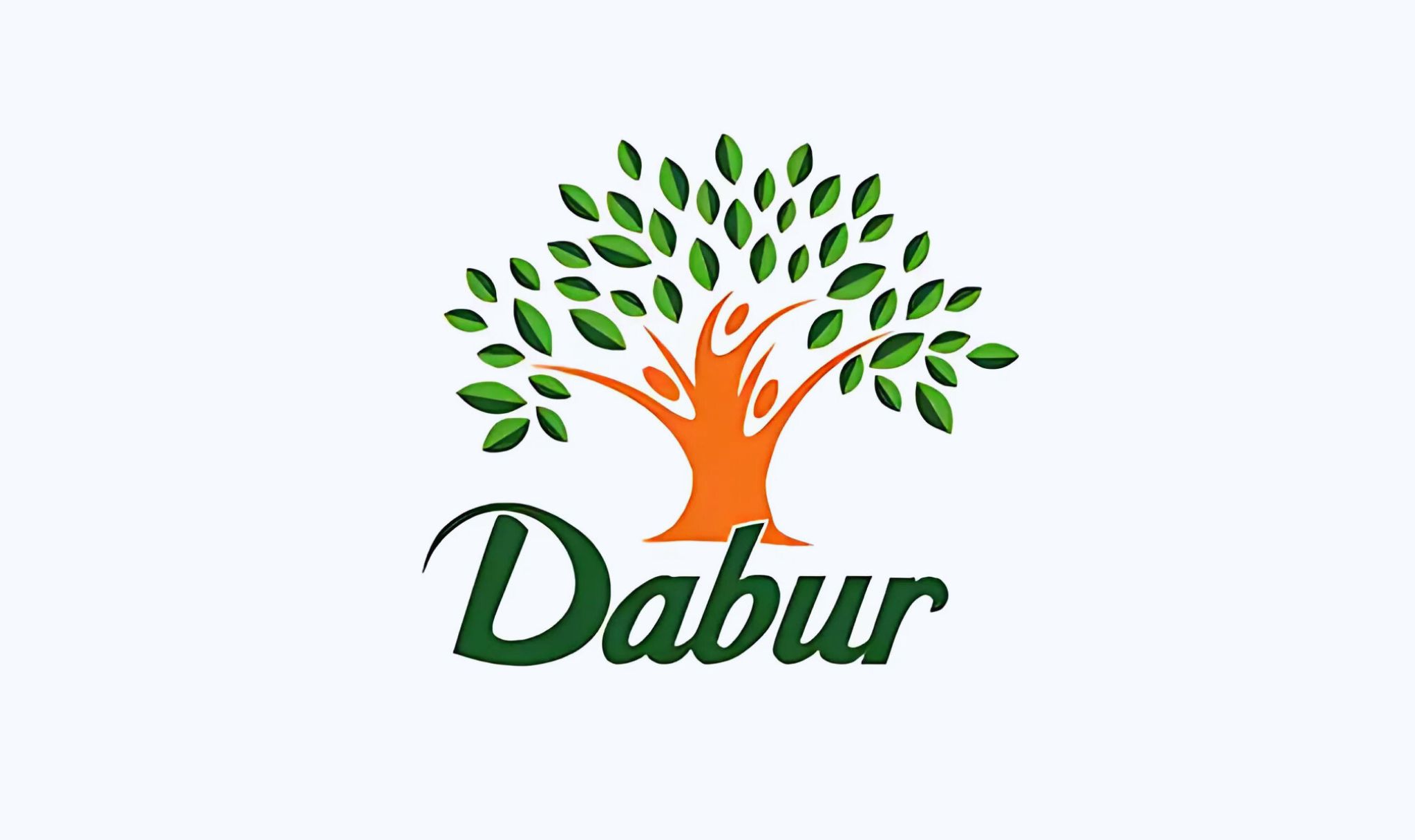On May 7, 2025, Alphabet Inc., the parent company of Google, experienced a seismic shock in its stock market performance. Shares plummeted by over 7%, erasing approximately $150 billion in market capitalisation in a single day. The catalyst? Reports that Apple, a long-standing partner, is exploring the integration of AI-powered search options into its Safari browser, potentially challenging Google’s dominance in the search engine market. This development, revealed during Alphabet’s ongoing antitrust trial, has reignited investor concerns about Google’s future in a rapidly evolving tech landscape. In this blog, we’ll dive deep into the events leading to this market upheaval, explore the implications for both Alphabet and Apple, and analyse what this means for the broader tech industry.
The Trigger: Apple’s AI Ambitions
The news broke when Eddy Cue, Apple’s Senior Vice President of Services, testified in a U.S. Department of Justice (DOJ) antitrust case against Alphabet. Cue revealed that Apple is “actively looking at” reshaping Safari to incorporate AI-powered search engines, such as Perplexity, Anthropic, and Openai’s offerings. He noted that searches on Safari declined in April 2025 for the first time in two decades, attributing this drop to users increasingly turning to AI-driven alternatives. This testimony sent shockwaves through the market, as investors interpreted it as a signal that Apple might reduce its reliance on Google as the default search engine in Safari.
For context, Google has paid Apple an estimated $20 billion annually to maintain its position as the default search engine on Safari, a deal that accounts for roughly 36% of Google’s search advertising revenue through the browser. This arrangement has been mutually beneficial: Google secures prime real estate on Apple devices, while Apple enjoys a significant revenue stream that bolsters its high-margin Services segment, which generated $96.1 billion in 2024. However, Cue’s comments suggest that Apple is reevaluating this partnership, exploring AI search options that could either complement or replace Google’s traditional search engine.
The Market’s Reaction
Alphabet’s stock (GOOG, GOOGL) took an immediate hit, dropping as much as 9.3% in midday trading before closing down 7.5%. This sharp decline wiped out approximately $150 billion in market value, making Alphabet the worst performer in the S&P 500 for the day. The sell-off was fueled by fears that Apple’s pivot to AI search could erode Google’s search dominance, which remains the cornerstone of Alphabet’s revenue model. In Q1 2025, Alphabet reported total revenue of $90.2 billion, with its “Google Search and other” segment contributing $50.7 billion—a 12% year-over-year increase. Any threat to this segment is a direct threat to Alphabet’s financial stability.
Posts on X reflected the market’s alarm. One user noted, “Alphabet shares tumble >7% on vibes. Alphabet could be the next Eastman Kodak,” drawing a dramatic comparison to the once-dominant company that failed to adapt to technological shifts. Another post highlighted the potential loss of Google’s $20 billion deal with Apple, emphasising the scale of the financial impact. While X posts are not definitive evidence, they underscore the sentiment of concern among investors and tech observers.
The Antitrust Backdrop
The timing of Apple’s announcement is particularly significant, as it came during Alphabet’s antitrust trial. In 2024, a federal judge ruled that Google maintained an illegal monopoly in search, partly through its multibillion-dollar agreement with Apple. The trial, ongoing in May 2025, is now in the remediation phase, where the court will determine penalties or structural changes to curb Google’s dominance. Cue’s testimony about declining Safari searches and Apple’s AI ambitions added fuel to the DOJ’s case, suggesting that market dynamics are already shifting away from Google’s control.
The DOJ has argued that Google’s payments to Apple stifle competition by locking out rival search engines. If the government prevails, the Apple-Google deal could be unwound, forcing Google to compete on merit rather than financial agreements. This prospect, combined with Apple’s AI plans, has heightened investor anxiety about Google’s ability to maintain its market share in search, especially as AI-driven alternatives gain traction.
Apple’s Strategic Shift
Apple’s exploration of AI search is part of a broader strategy to integrate artificial intelligence across its ecosystem. While Cue clarified that Apple has no intention of building its general-purpose search engine, the company is impressed by the capabilities of AI-driven platforms like Perplexity. Reports indicate that Apple has held discussions with Perplexity, Anthropic, and Openai to integrate their technologies into Safari. This move aligns with Apple’s focus on enhancing user experience through AI, as seen in features like Siri improvements and on-device machine learning.
However, Apple’s pivot is not without risks. The $20 billion from Google represents a significant portion of Apple’s Services revenue, and losing this income could impact its ability to invest in new products and services. Cue admitted to “losing sleep” over the potential loss of this revenue, highlighting the delicate balance Apple must strike between innovation and financial stability. Additionally, Apple’s stock (AAPL) fell 2% on May 7, 2025, reflecting investor concerns about the uncertainty surrounding its search strategy.
The Rise of AI Search
The decline in Safari searches, as noted by Cue, points to a broader trend: the rise of AI-powered search engines. Unlike traditional search engines that rely on keyword-based algorithms, AI search platforms like Perplexity and Chatgpt offer conversational, context-aware responses. These tools are gaining popularity among users who value quick, synthesised answers over sifting through pages of links. For example, Perplexity’s ability to provide concise, source-cited answers has made it a favourite among tech enthusiasts and professionals.
This shift poses a direct challenge to Google’s business model, which relies heavily on search advertising. In 2024, Google’s search ad revenue accounted for the majority of Alphabet’s income, but AI search engines threaten to disrupt this by reducing the need for sponsored links. If Apple integrates AI search options into Safari—potentially as default or prominent features—it could accelerate the adoption of these alternatives, further eroding Google’s market share.
Alphabet’s Response: AI and Diversification
Alphabet is not standing still in the face of these challenges. The company has been investing heavily in AI, with plans to spend $75 billion in 2025 on AI infrastructure, including servers and data centres. Google Cloud, a growing segment, is leveraging AI to attract customers by building their models and applications. Additionally, Alphabet’s acquisition of cybersecurity firm Wiz for $32 billion underscores its commitment to strengthening its cloud offerings.
Beyond search, Alphabet is diversifying its portfolio. Waymo, its autonomous driving unit, is expanding rapidly, serving over 250,000 passengers per week as of Q1 2025. While Waymo operates at a loss, it represents a long-term bet on emerging technologies. Alphabet’s Gemini AI chatbot, integrated across its ecosystem, is another attempt to stay competitive in the AI race. However, these initiatives are still overshadowed by the search business, which remains Alphabet’s financial backbone.
Implications for the Tech Industry
The Alphabet-Apple saga has far-reaching implications for the tech industry. First, it highlights the growing importance of AI in shaping the future of search. Companies like Microsoft, with its Copilot Search, and Openai are also vying for a piece of the market, creating a crowded and competitive landscape. Google’s ability to adapt its search engine to incorporate AI-driven features will be critical to its survival.
Second, the situation underscores the fragility of tech partnerships. The Apple-Google deal, once a cornerstone of their mutual success, is now a point of vulnerability. If Apple moves away from Google, it could set a precedent for other device makers, like Samsung, to explore alternative search options, further weakening Google’s position.
Finally, the antitrust scrutiny facing Alphabet reflects broader regulatory pressures on Big Tech. The DOJ’s case against Google is part of a larger effort to curb monopolistic practices, with similar actions targeting Amazon, Apple, and Meta. The outcome of these cases could reshape the competitive dynamics of the industry, potentially levelling the playing field for smaller players like Perplexity.
Investor Considerations
For investors, Alphabet’s 7% plunge raises questions about its long-term prospects. On one hand, the company’s strong financials—$90.2 billion in Q1 2025 revenue and a $99.5 billion stock repurchase program—signal resilience. Alphabet’s cash reserves of $96 billion provide a buffer to weather short-term challenges. On the other hand, the reliance on search revenue and the looming threat of AI disruption make it a riskier bet than in previous years.
Apple, meanwhile, presents a mixed picture. Its AI ambitions could position it as a leader in the next wave of tech innovation, but the potential loss of Google’s $20 billion payment is a significant headwind. Investors will need to monitor Apple’s ability to replace this revenue through new AI-driven services or partnerships.
The Road Ahead
As Alphabet and Apple navigate this turbulent period, several factors will shape their trajectories. For Alphabet, the immediate priority is to strengthen its AI offerings and reduce dependence on search advertising. Integrating Gemini more deeply into its products and accelerating Waymo’s growth could help diversify revenue streams. Additionally, Alphabet must address the antitrust challenges head-on, potentially by restructuring its search agreements to comply with regulatory demands.
For Apple, the challenge is to balance innovation with financial prudence. Integrating AI search into Safari without alienating Google or disrupting its Services revenue will require careful execution. Partnerships with Perplexity, Openai, or Anthropic could provide a competitive edge, but Apple must ensure these integrations enhance the user experience without compromising privacy, a core pillar of its brand.
Conclusion
The 7% plunge in Alphabet’s share price on May 7, 2025, marks a pivotal moment in the tech industry. Apple’s plans to incorporate AI search options into Safari have exposed vulnerabilities in Google’s business model, sparking a $150 billion sell-off and reigniting debates about the future of search. As AI continues to reshape how users access information, both companies face critical decisions that will shape their competitive positions. For investors, consumers, and tech enthusiasts, the unfolding drama between Alphabet and Apple is a reminder of the relentless pace of innovation—and the high stakes of staying ahead in the digital age.















0 Comments